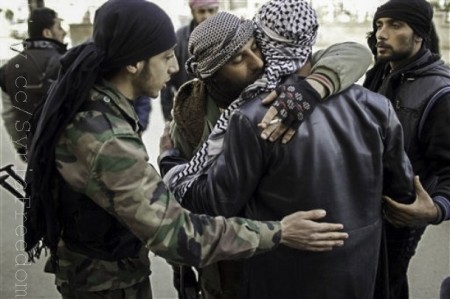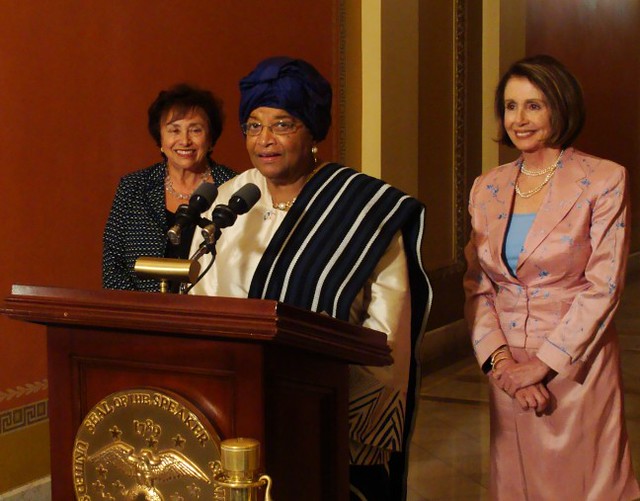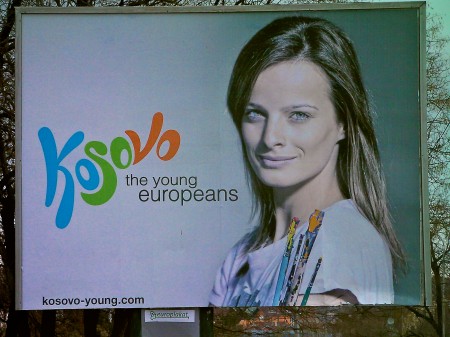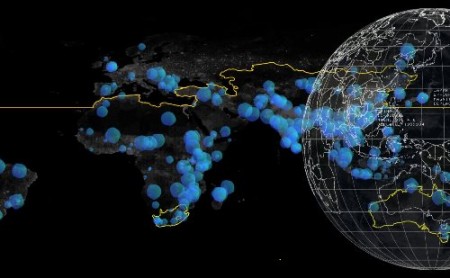
The participation of foreign fighters in the Syrian conflict is a growing concern, particularly among Western governments that are not only struggling to track the movement of their citizens, but are also fearful that those travelling to the conflict may become radicalised and return home with their extremist ideology. Recently, a UK Parliament Home Affairs Committee enquiry into counterterrorism heard from a range of experts how returning fighters pose a statistically significant risk to the security of their home countries. Research published by Thomas Hegghammer also suggests that perhaps one-in-nine foreign fighters from the West might perpetrate attacks on their home countries once they return.
In addition, several studies have been undertaken that seek to estimate the number and nationality of these foreign fighters. Consensus suggests that there are over 10,000 such fighters in Syria, with as many as 2000 (and rising) coming from Western Europe. A number of these have already died in battle or, as in the case of Briton Abdul Waheed Majeed, acted as suicide bombers. Yet, while there is certainly no suggestion that all those returning from the conflict will be radicalised, the West’s limited knowledge as to who travels and returns from Syria is alarming.




